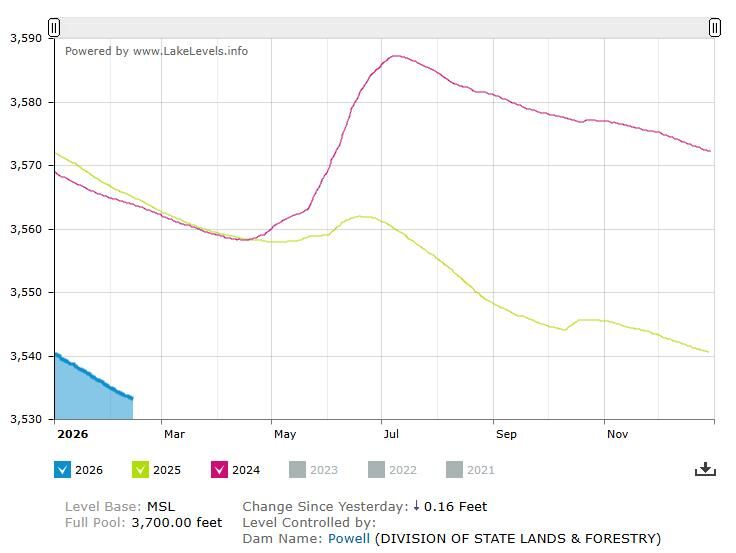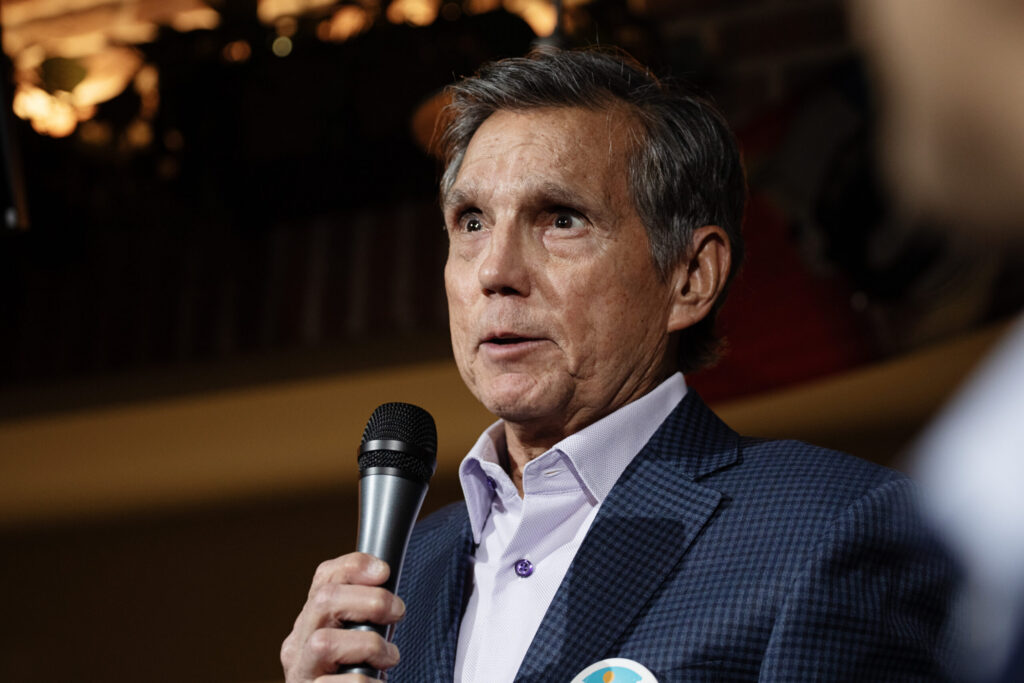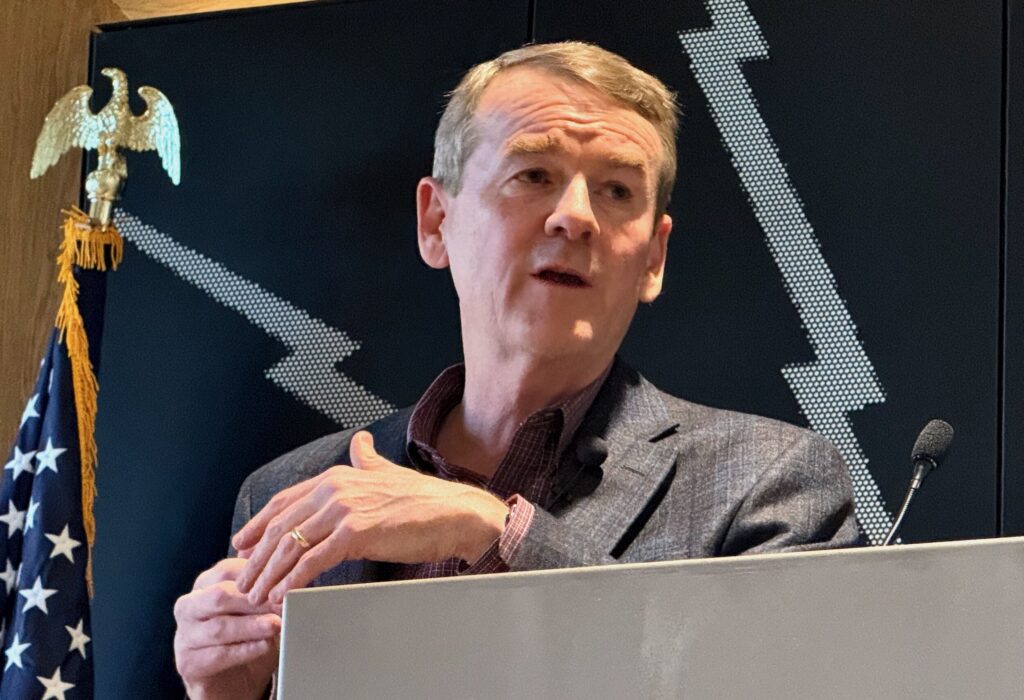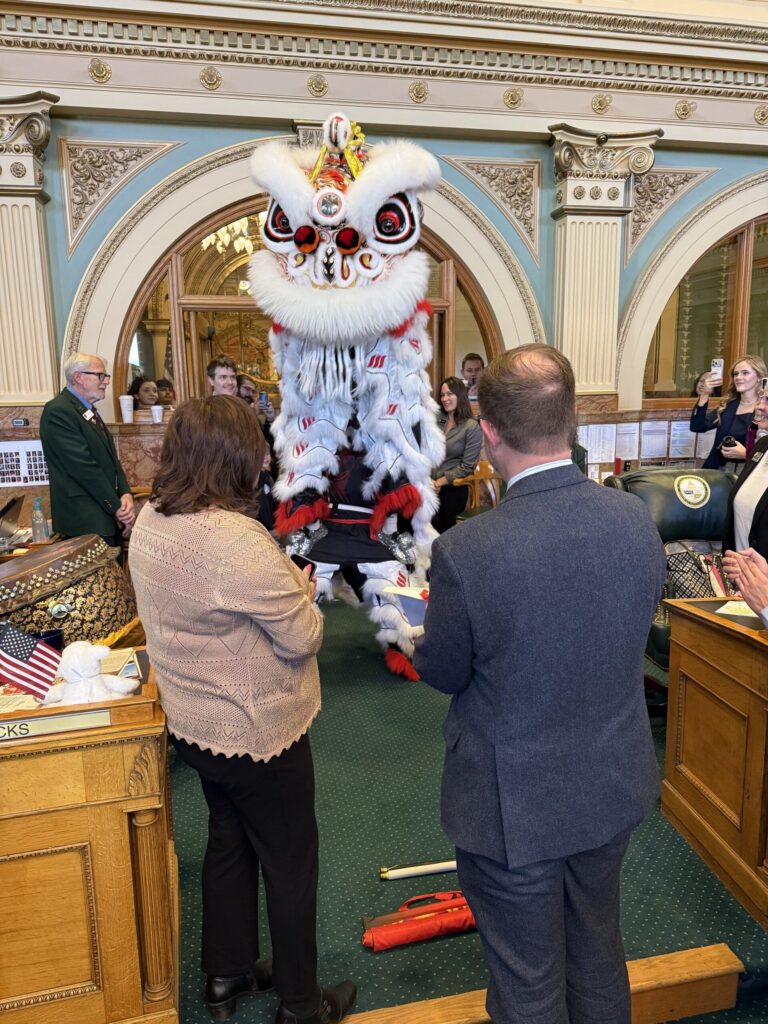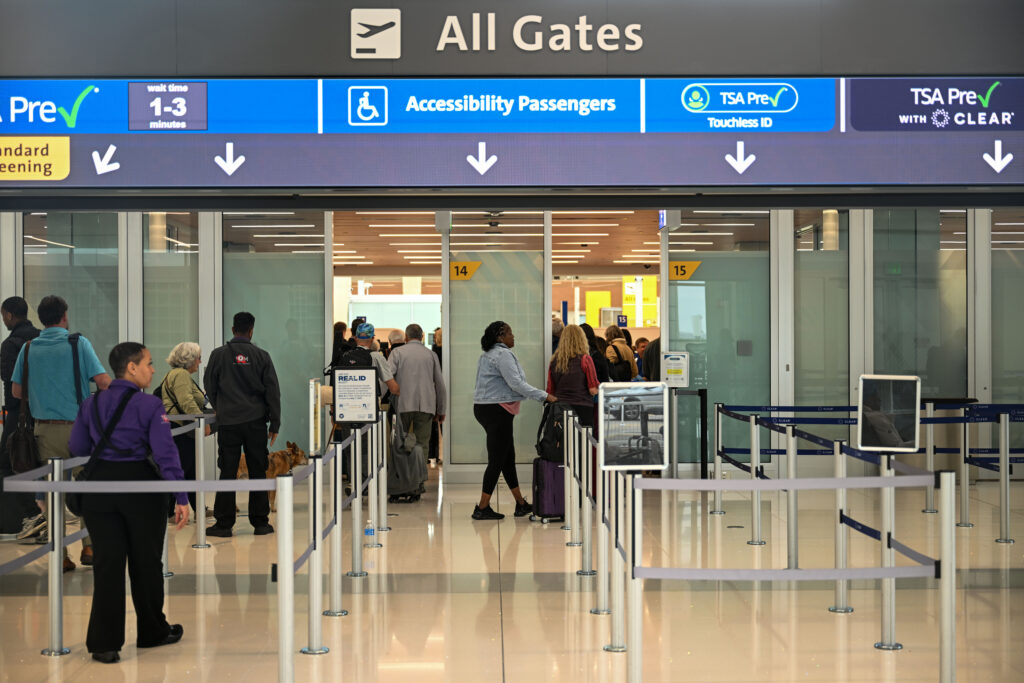? Spending is the state budget issue for GOP JBC member
A $28.5 billion state budget proposal that calls for cuts to K-12 education, transportation and hospitals to close a projected budget gap of half a billion dollars indicates over spending, not a lack of revenue, according to a Republican member of the Joint Budget Committee.
State Rep. Bob Rankin of Carbondale said, in light of many economic studies and Front Range municipal budgets showing a strong economy with increases in sales tax and other revenue, Gov. John Hickenlooper’s proposal indicates more demand than forecast revenue.
“Almost any state will tell you they have budget problems,” Rankin told The Colorado Statesman. “Our health care demands have grown so much, we do need to give raises to state employees and K-12 funding is still forecast to be in the ‘negative factor’ category.”
Rankin also pointed out that slight changes in state economic forecasts of 1 percent can equal around $100,000 in revenue.
“That’s what happened last March,” he said. “We were off on our forecasts and it rolled over (into Hickenlooper’s budget proposal). I’m a conservative and I think it’s a spending problem, not a revenue problem. Once we put a state program in place, it seems to always grow and need more revenue. But I’m one who thinks there are always places to look to find extra funding and we’ll work hard through next March [to produce a balanced budget]” he added.
“I don’t want to be all gloom and doom about this,” Rankin said. “There will be a lot of changes between now and March. We’re being asked to make changes to legislation that’s already passed.”
Meanwhile, House Democrats on the Joint Budget Committee expressed concern about the state’s budget outlook after Hickenlooper’s office released its 2017-18 budget proposal.
“We had to do some gymnastics to fund critical areas like K-12 education in this year’s budget,” said Rep. Millie Hamner, D-Dillon, chairwoman of the Joint Budget Committee, in a news release. “This upcoming budget looks to be more of the same, only worse.”
The JBC will begin the budget drafting process later this month. The governor’s Office of State Planning and Budgeting estimates state general fund spending will have to rise by $926 million to keep key components of the state budget at current levels, the release said. But general fund revenue is forecast to rise by only $426 million, leaving a gap of $500 million.
Hickenlooper’s plan calls for a large part of the shortfall to be made up by reducing hospital provider fee collections by $195 million to bring the state budget under the Taxpayer’s Bill of Rights limit and canceling TABOR refunds. Hospital provider fee payments are returned to hospitals, but fees not collected don’t receive federal matching dollars. So the net effect is that hospitals would forgo $190 million in federal dollars.
“This proposal would hurt Colorado’s hospitals, especially the small, rural hospitals that depend on HPF revenue to stay afloat,” Hamner said. “We cannot continue to balance the state budget by bleeding our hospitals. I will redouble my efforts to solve this problem through the simple legislative fix of turning the hospital provider fee into a state enterprise.”
In the 2015 and 2016 sessions, House Democrats proposed hospital provider fee solutions with bipartisan support. Both times, Senate Republican leaders blocked the measure.
“We could have fixed this last year, or the year before,” House Speaker Dickey Lee Hullinghorst, D-Gunbarrel, said in the House Democrats release. “Now the Senate’s obstruction is killing off rural hospitals, stressing our public schools and preventing improvements to our roads.”
Also taking a hit under Hickenlooper’s proposal are cutting general fund transfers to transportation by $109 million over two years.
“We appreciate the governor’s work on this proposal,” said state Rep. Dave Young, D-Greeley, who also sits on the Joint Budget Committee. “We’ve pulled rabbits out of the hat before. But we’re running out of rabbits.”
“It is past time for us to be looking at structural solutions to our perennial budget crunch so we can fund key priorities like transportation and education,” said Majority Leader Crisanta Duran, D-Denver.


